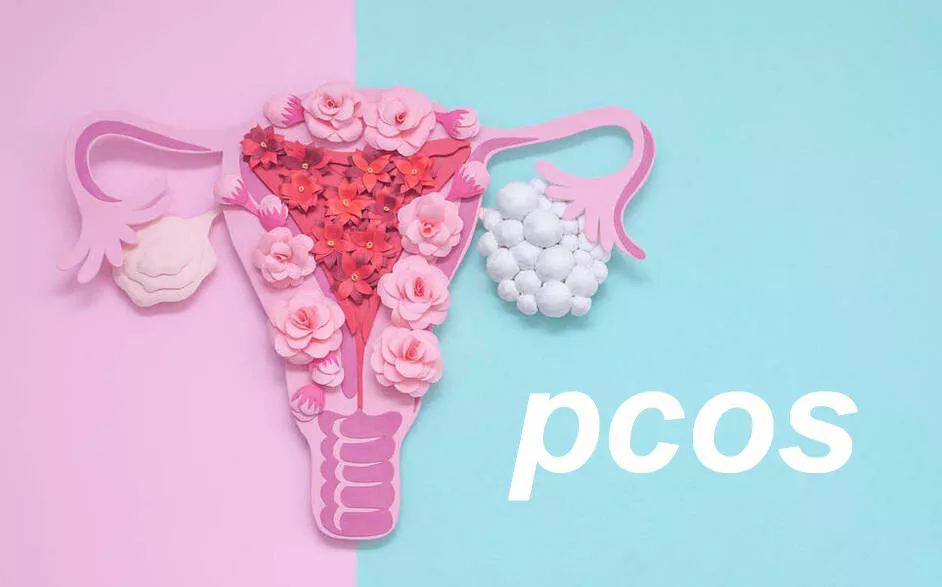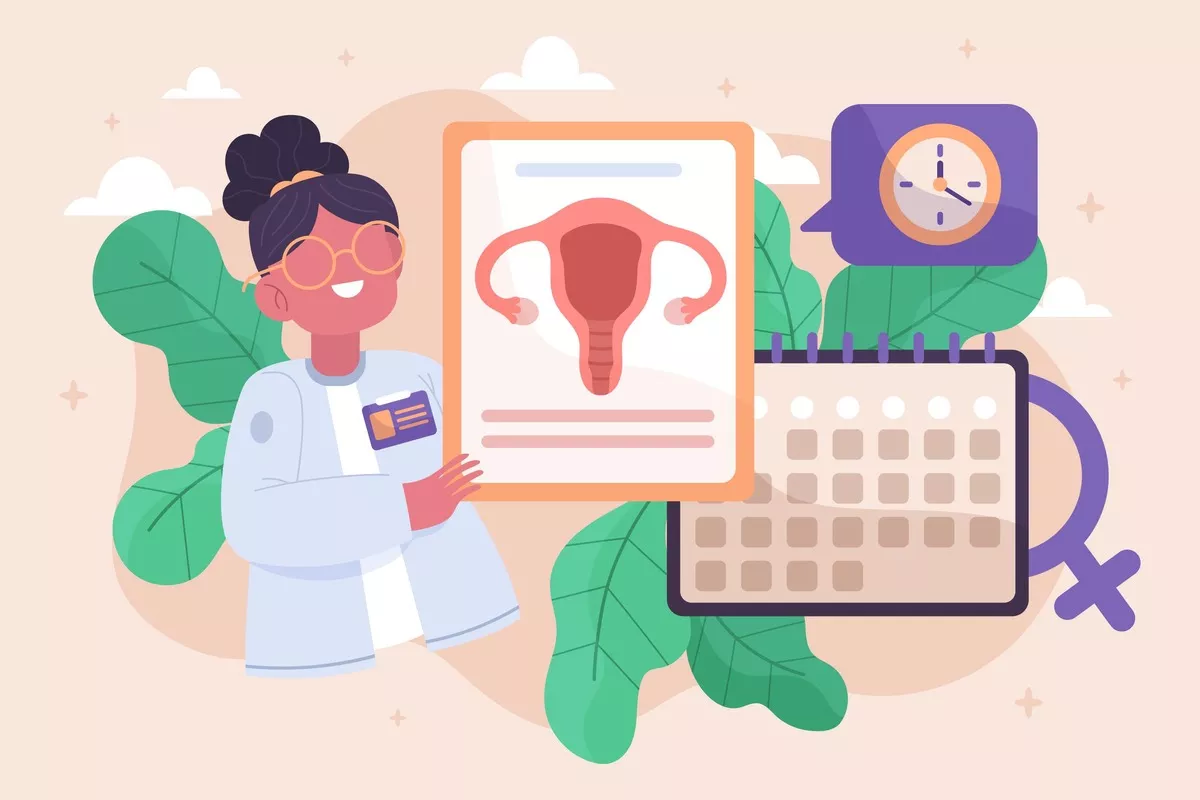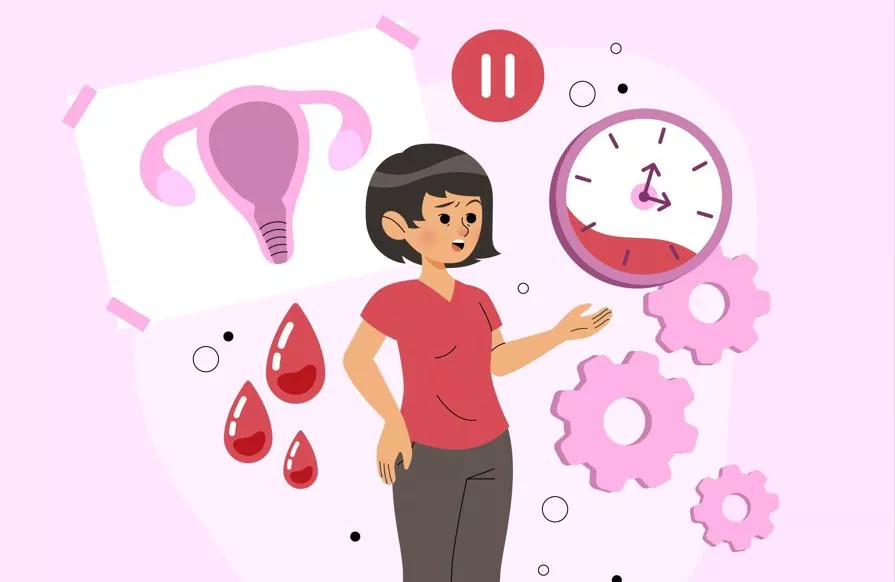What is Anovulatory cycle?
It's common to start focusing on your period more while you're trying to get pregnant. After all, you must ovulate before you can become pregnant. It's typical to believe that getting your period means you're ovulating regularly. Unexpectedly, though, that isn't always the case.
A woman's reproductive system would ovulate monthly under ideal circumstances. Anovulation, or the absence of ovulation in a menstrual cycle, can nonetheless be brought about by certain circumstances. When that occurs, you could continue to believe that the bleeding you just had was part of your monthly menstrual cycle. However, it isn't technically a period if you've had an anovulatory cycle.
It's crucial to comprehend the reasons for an anovulatory cycle and the diagnostic alternatives if you're attempting to conceive.
Anovulatory Cycle
An anovulatory cycle happens when a woman skips ovulation. The ovary releases an egg during ovulation. A woman in her peak years for conception may occasionally go through an anovulatory cycle. In fact, you could have gone through one without even realizing it. This is due to the fact that a woman who is experiencing anovulation could nevertheless appear to menstruate regularly.
The release of an egg triggers progesterone production in a typical cycle. This hormone aids a woman's body to maintain regular menstrual cycles. Low progesterone levels during an anovulatory cycle might cause significant bleeding. This bleeding might be mistaken for menstruation.
A buildup in the uterine lining may potentially be the cause of this type of bleeding. A decrease in estrogen may also be to blame.
Why do females have anovulatory cycles?
In two separate age groups, a menstrual cycle without ovulation is most typical:
Girls who have just started their period: Anovulatory cycles are more likely to occur in a girl's first year after her first period.
Women approaching menopause: Hormone changes are more likely to affect a woman between the ages of 40 and 50. The result might be anovulatory cycles.
The bodies of women in both age groups are undergoing numerous changes. Anovulatory cycles might start as a result of abrupt changes in hormone levels.
How is anovulation determined to exist?
If a woman has irregular or nonexistent periods, it may be easy to diagnose an anovulatory cycle. But not all women experience it. Your doctor could do the following tests to identify an anovulatory cycle:
Progesterone checks help scan your blood for the presence of certain antibodies in the lining of your uterus.
To get a better look at your uterus and ovaries, your doctor could also use ultrasound technology.
Anovulation treatment
Regulating eating habits and controlling physical activity are helpful therapies if these cycles are caused by an external factor like diet or lifestyle. Gaining or reducing weight in accordance with your doctor's instructions might be sufficient to resume stopped ovulation.
Sometimes a woman's anovulatory cycles are brought on by internal health issues. In that instance, your doctor could recommend fertility drugs. These drugs are intended to treat the root causes of infertility in women. There are medications made to assist the ovaries release an egg, mature the follicles, and enhance estrogen.
If a significant problem, such a tumor, is found, surgery may be an option.
Your doctor might advise making minor lifestyle adjustments if you consistently have anovulation, which is characterized by highly inconsistent and unpredictable cycles.
Improved diet, exercise, and stress reduction can all be quite effective. For at least a few months, try adhering to these modifications, and then start closely observing whether your monthly cycle is getting more regular.











